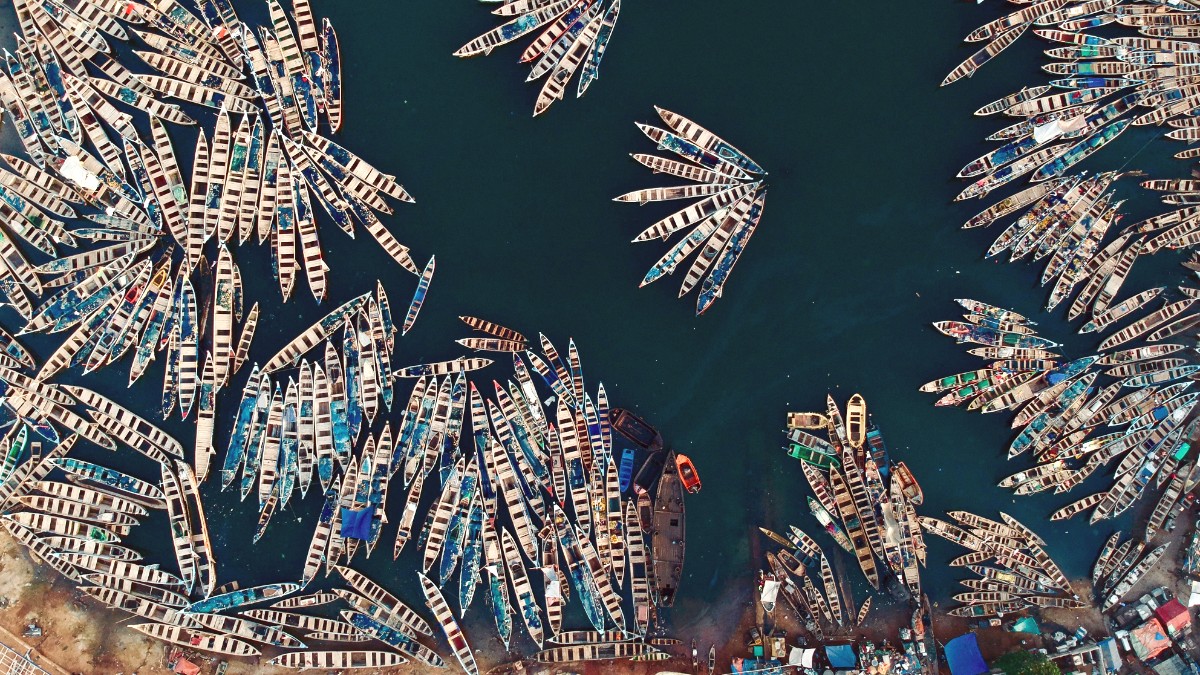
Ghana
Accra's iconic landmarks and historical sites tell Ghana's story, while markets and cultural institutions immerse you in its contemporary spirit.
From the solemn memorials to the bustling streets, each location reveals an unique facet of the city.
These sites connect visitors to Ghana's complex past.
Historic building with connections to Afro-Brazilians who repatriated to Ghana. Forms part of comprehensive Jamestown tours.
Iconic lighthouse providing panoramic views of Accra’s coastline and the Jamestown district. A small fee is usually paid for access.
Not a traditional attraction, but this massive, bustling interchange represents modern Accra's energy and infrastructure.
When visiting Makola Market or Jamestown, dress simply and avoid flashy jewelry to blend in and reduce unwanted attention.
A local guide provides historical context, navigates complex streets, and explains unique culture, enhancing your experience.
Careful planning ensures a smooth and enjoyable visit to Accra.
Uber and Bolt are widely available. Negotiate taxi fares beforehand or confirm meter use.
Common for local routes but can be crowded. They offer a very local transport experience.
Available, but driving in Accra's traffic can be challenging. Consider hiring a driver for convenience.
Google Maps or similar apps prove useful for navigating the city and estimating travel times.
Accra experiences heavy traffic, especially during peak hours. Factor this into your daily schedule.
Some areas like Osu are walkable, but longer distances require vehicular transport.
Yellow Fever vaccination, malaria prophylaxis, and bottled water are advised. Stay aware of your surroundings and secure valuables.
Pack sunscreen, insect repellent, a wide-brimmed hat, comfortable walking shoes, and light, breathable clothing suitable for the tropical climate.
Politeness and respect for elders are appreciated. Greetings are important. Ask permission for photos. Dress modestly in religious places.
A few additional tips for a more enjoyable and seamless experience in Accra.
These considerations aid your journey from arrival to departure.
Learning basic Twi phrases creates positive interactions and shows respect for local culture.
Your travel choices influence the local community and environment.
Respect local privacy and customs when taking photos.
Preparing your luggage for Accra's climate and activities.
Dive into specific interests to enhance your Accra adventure.
Consider booking guided tours through platforms like GetYourGuide to gain deeper insights into historical sites and local culture with expert guides.
Support the local economy by purchasing goods from artisans, dining at local eateries, and using local services. Your contribution directly benefits the community.
Do not hesitate to interact with locals. Ghanaians are generally friendly and welcoming.
Attend a live music performance at Republic Bar & Grill or a cultural show at the National Theatre to experience Ghana's music and dance scene.
Explore the Centre for National Culture (Arts Centre) or Artists Alliance Gallery for authentic Ghanaian art, crafts, and souvenirs like Kente cloth or Adinkra symbols.
As a major cocoa producer, Ghana offers opportunities for day trips to cocoa farms outside Accra, providing insights into cocoa cultivation and production.
Visit the University of Ghana, Legon campus, for its architecture, botanical gardens, and a glimpse into academic life in Accra.
Beyond major restaurants, seek out local 'chop bars' for authentic, home-style Ghanaian cooking at very affordable prices. A true culinary immersion awaits.
Accra offers several activities suitable for families and children.
Experience Accra's nightlife and cultural evenings.
Always stay aware of your surroundings, especially in crowded areas like markets or during nightlife.
Secure your valuables, use reputable transport, and inform someone of your itinerary, specifically for solo adventures.
Tailor your Accra sightseeing to your interests and time.
Focus on central Accra's significant historical and cultural sites.
Immerse yourself in Accra's markets and art scene.
Relax by the coast and explore Accra's green spaces.
This day blends relaxation with light adventure.
Explore specific historical areas or venture slightly outside the city.
Explore specific interests with dives.
Customize your final day based on what you enjoyed most.
Conclude your trip with memorable experiences.
Adjust itineraries based on your available time. Even a short visit to Accra offers rich experiences.
Prioritize sites and activities that align with your specific interests, whether history, art, nature, or food.
Do not overschedule. Accra's heat and traffic mean a slower pace often leads to more enjoyable exploration.